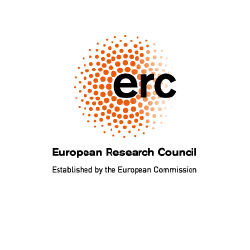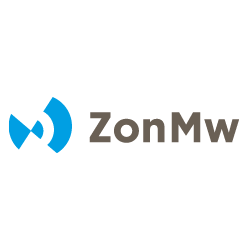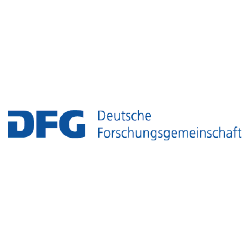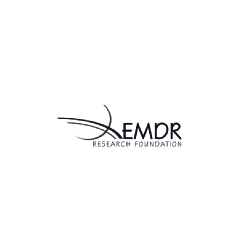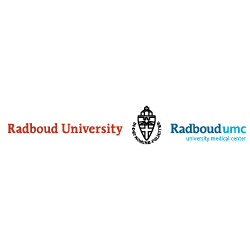Donders Institute, Nijmegen
Research
We focus on the following three research lines:
- Acute response to stressors
- Short-term adaptation to stressors (memory and plasticity)
- Long-term adaptation to stressors
Acute response to stressors
Stressors trigger a cascade of neural, endocrine, and neuromodulatory events that affect the central nervous system at all levels. We have shown how acute stress leads to a comprehensive and time-dependent reorganization of brain-network activity. Current work focuses on specifying the neuromodulatory pathways involved in this shift, its behavioral consequences, and its importance in determining individual differences in stress resilience. Furthermore, we are developing methods for real-time functional MRI neurofeedback as an intervention to enhance central stress resilience. This work is supported by a consolidator grant from the European Research Council.
Representative publications:
- Hermans, E.J., van Marle, H.J.F., Ossewaarde, L., Henckens, M.J.A.G., Qin, S., van Kesteren, M.T.R., Schoots, V.C., Cousijn, H., Rijpkema, M., Oostenveld, R., and Fernández, G. (2011). Stress-related noradrenergic activity prompts large-scale neural network reconfiguration. Science 334, 1151-1153.
- Hermans, E.J., Henckens, M.J.A.G., Joëls, M., Fernández, G. (2014). Dynamic adaptation of large-scale brain networks in response to acute stressors. Trends in Neurosciences, 37(6), 304–314.
- Young, C.B., Raz, G., Everaerd,D., Beckmann, C.F., Tendolkar, I., Hendler, T., Fernández, G., & Hermans, E.J. (2017). Dynamic shifts in large-scale brain network balance as a function of arousal. Journal of Neuroscience, 37, 281-290.
Short-term adaptation to stressors (memory and plasticity)
Stressful, aversive events are extremely well remembered. This enhancement is beneficial for survival, but may become maladaptive and culminate in stress-related diseases such as posttraumatic stress disorder (PTSD). In this line of research, we collaborate closely with animal researchers working on effects of stress and stress hormones on plasticity to translate these insights from basic neuroscience into human experimental models and novel treatments. Furthermore, we collaborate with clinicians in developing mechanistic models of treatment efficacy for memory-related disorders. This work is supported by ZonMw TOP and NWO/DFG Open Research Area grants.
Representative publications:
- Hermans, E.J., Battaglia, F.P., Atsak, P., de Voogd, L.D., Fernández, G. and Roozendaal, B. (2014). How the amygdala affects emotional memory by altering brain network properties. Neurobiology of Learning and Memory, 112, 2-16.
- Hermans, E. J., Kanen, J. W., Tambini, A., Fernández, G., Davachi, L., & Phelps, E. A. (2017). Persistence of Amygdala-Hippocampal Connectivity and Multi-Voxel Correlation Structures During Awake Rest After Fear Learning Predicts Long-Term Expression of Fear. Cerebral Cortex, 27(5), 3028-3041.
- de Voogd, L.D., Kanen, J.W., Neville, D.A., Roelofs, K., Fernández, and Hermans, E. J. (2018). Eye-movement intervention enhances extinction via amygdala deactivation. Journal of Neuroscience, 38(40), 8694-8706.
Long-term adaptation to stressors
This research line focuses on developmental stress-related psychopathology. We investigate long-term effects of chronic exposure to stressors during early development on functioning of neural circuits for stress regulation (supported by a CSC fellowship), and we investigate long-term effects of stress reduction, by means of mindfulness-based interventions (supported by a Radboudumc internal grant). We also develop methods for measuring exposure and responses to stressors in real life using wearable devices and smartphone-based surveys. As an extension of this work, we participate in a EU-funded Horizon2020 project named Dynamic Modeling of Resilience (DynaMORE). The goal of this project is to develop an in silico model for prediction of development of resilience versus stress-related disorders based on deep phenotyping and high temporal resolution longitudinal data. This project will furthermore pioneer just-in-time interventions targeting critical resilience mechanisms, triggered by real-time data.
Representative publications:
- van Leeuwen, J.M.C., Vinkers, C.H., Vink, M., Kahn, R.S., Joëls, M., Hermans, E.J. (2020). Disrupted upregulation of salience network connectivity during acute stress in siblings of schizophrenia patients. Psychological Medicine, 16, 1-11.
- Kalisch, et al; International resilience alliance (Intresa); DFG Collaborative Research Center CRC1193 “Neurobiology of Resilience” (2017). The resilience framework as a strategy to combat stress-related disorders. Nature Human Behaviour, 1, 784-790.
Funding Agencies:
